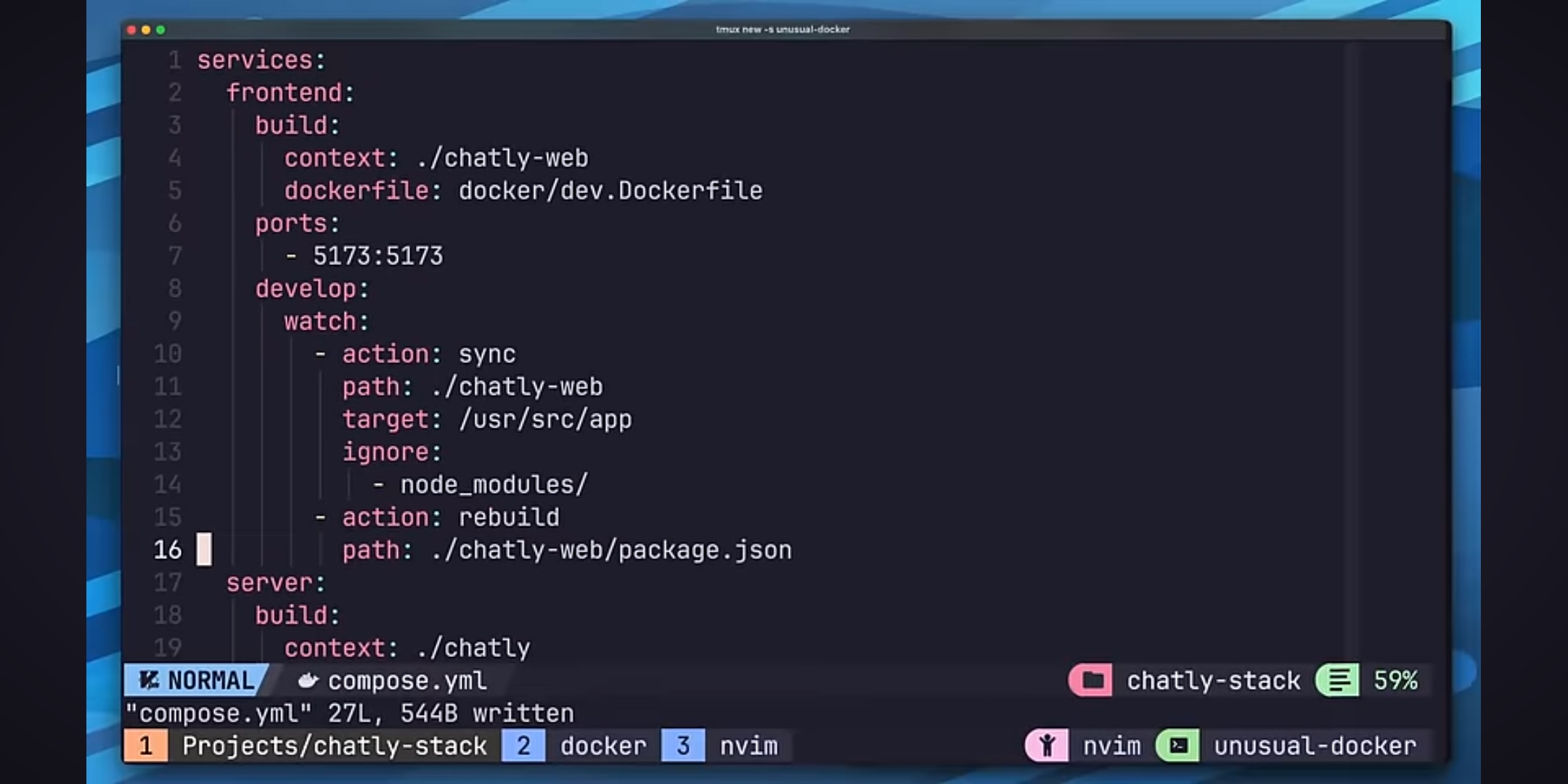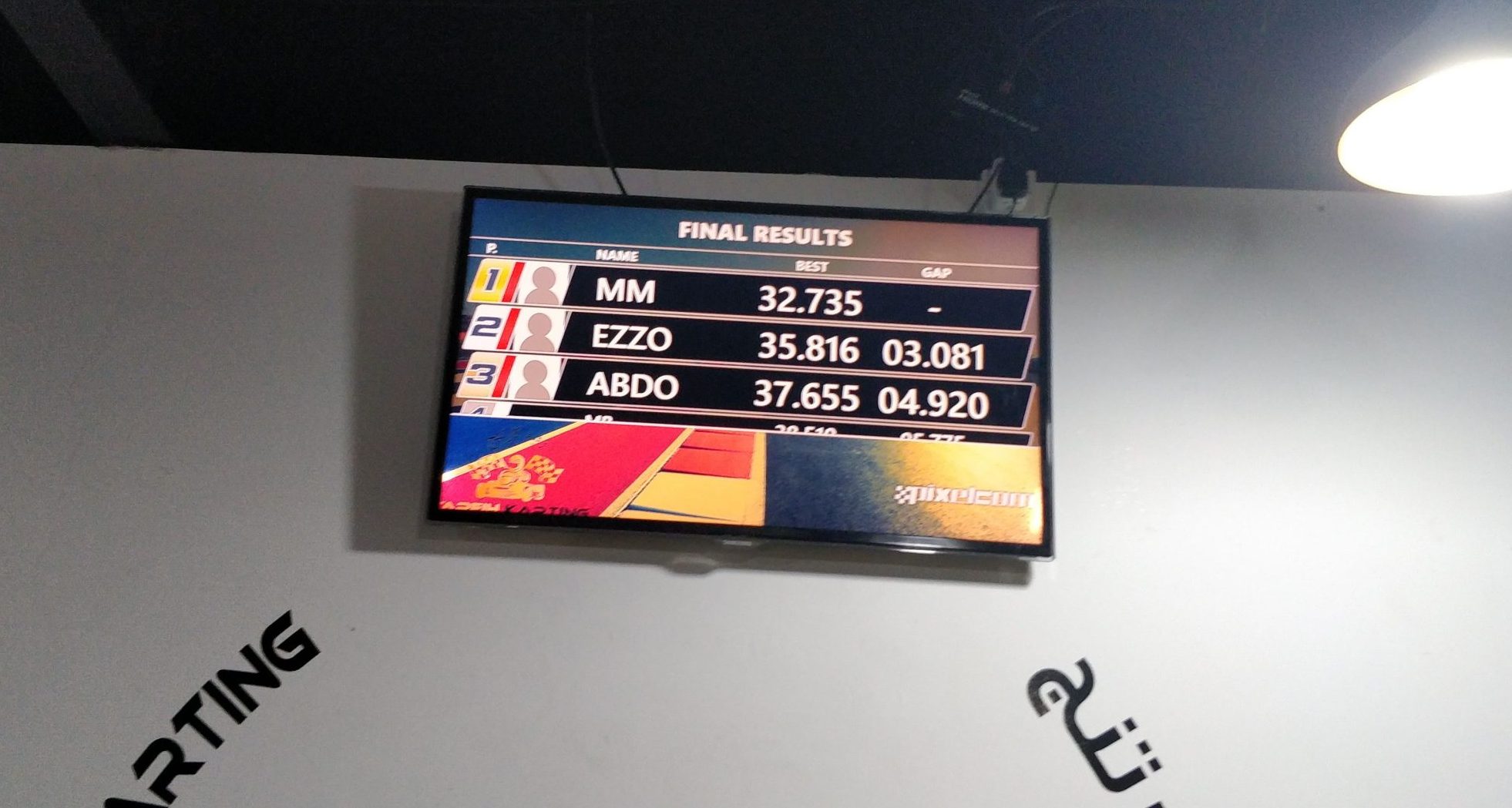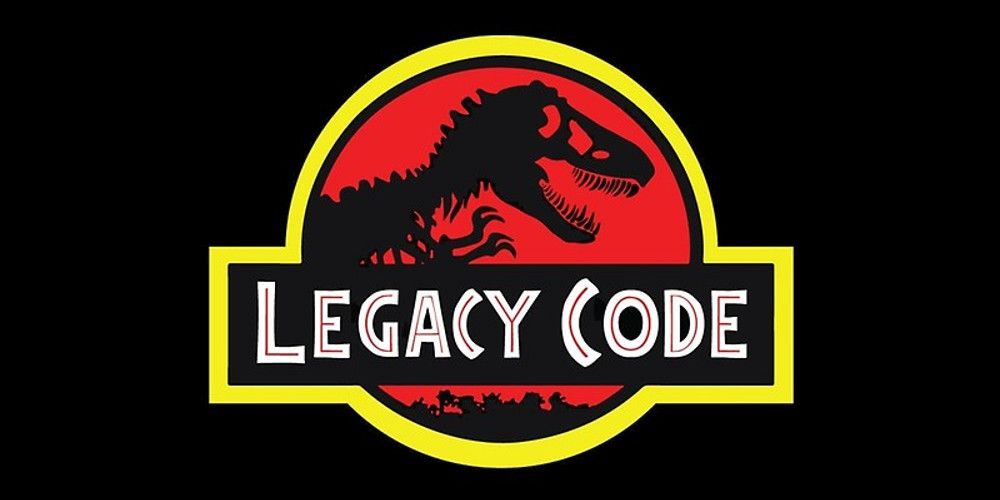As I dive into learning Blender, I recently came across a course series on the Blender Academy YouTube channel. The instructor, Alex Oliver, stands out as one of the best Blender educators on YouTube. I appreciate how well-structured the syllabus is and how clearly he delivers the information. If you’re…
Simplify Your MacOS Window Management with Aerospace
If you’ve ever found yourself frustrated with MacOS window management, you’re not alone. Apple’s built-in tools can be surprisingly clunky for something so fundamental. Enter Aerospace, a window manager designed to fill the gap where MacOS falls short. Aerospace is a breath of fresh air, especially for those who are…

Car Wash Orders Monitoring Interface Development
Objective Design and develop a streamlined orders monitoring display interface for a local car washing service, akin to a kitchen display system (KDS), catering to both employees and customers. The interface should facilitate easy access to order status, delays, specific car details, and ordered services, ensuring a smooth user experience…

Command Line Interface Guidelines
https://clig.dev/

Docker Compose Watch could be a life saver
Spinning off a development environment with file watch capability is no longer a hassle. You can basically watch a directory and sync it with another one on the guest container even recompile your app if a certain file has been changed eg. package.json Maybe I will try this with the…

Karting Escapade: 10 Minutes of Pure Speed Bliss
Dear wd3bbas! A few days back, I hit the karting track for the first time with four friends at an indoor circuit. The electric karts, topping out at 60 km/h, delivered an intense feeling of speed within the tight confines, creating a sensational experience. The G-forces at play in the…

Taming the Legacy Beast: Setting Up an Odoo 10 Development Environment
Dealing with legacy code always adds an interesting twist to the development process. Over the past few days, I’ve embarked on setting up a development environment for a legacy Odoo 10 modules codebase (mind you, Odoo 17 is already out as I write this). Let me tell you, it’s been…